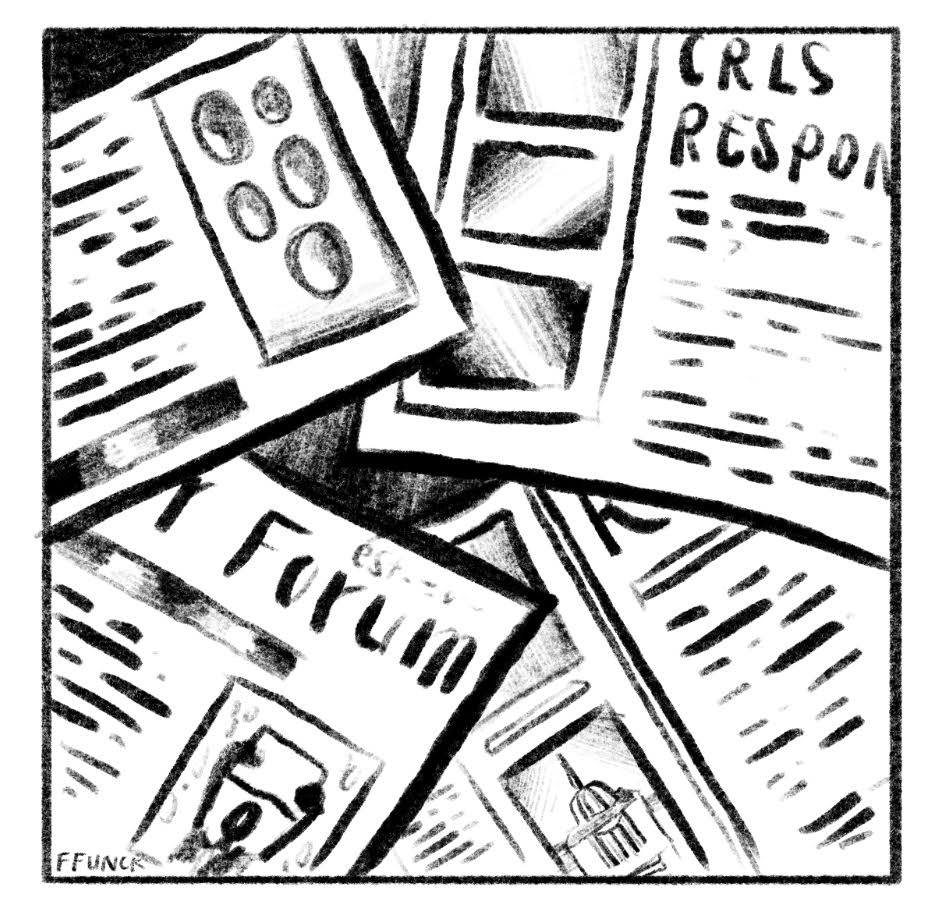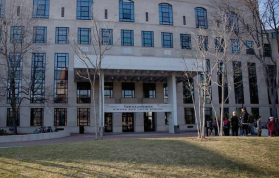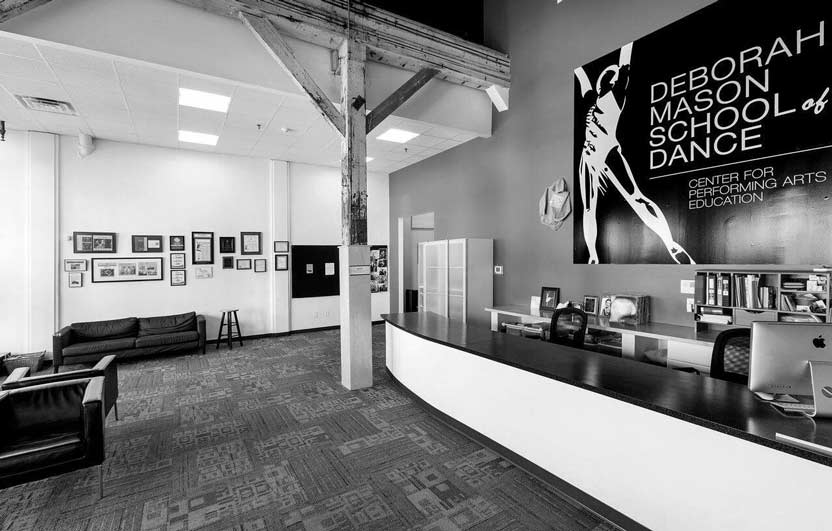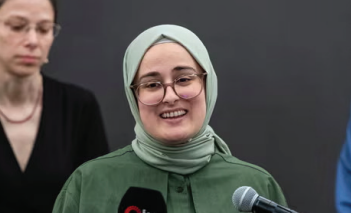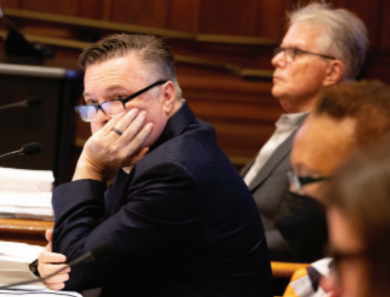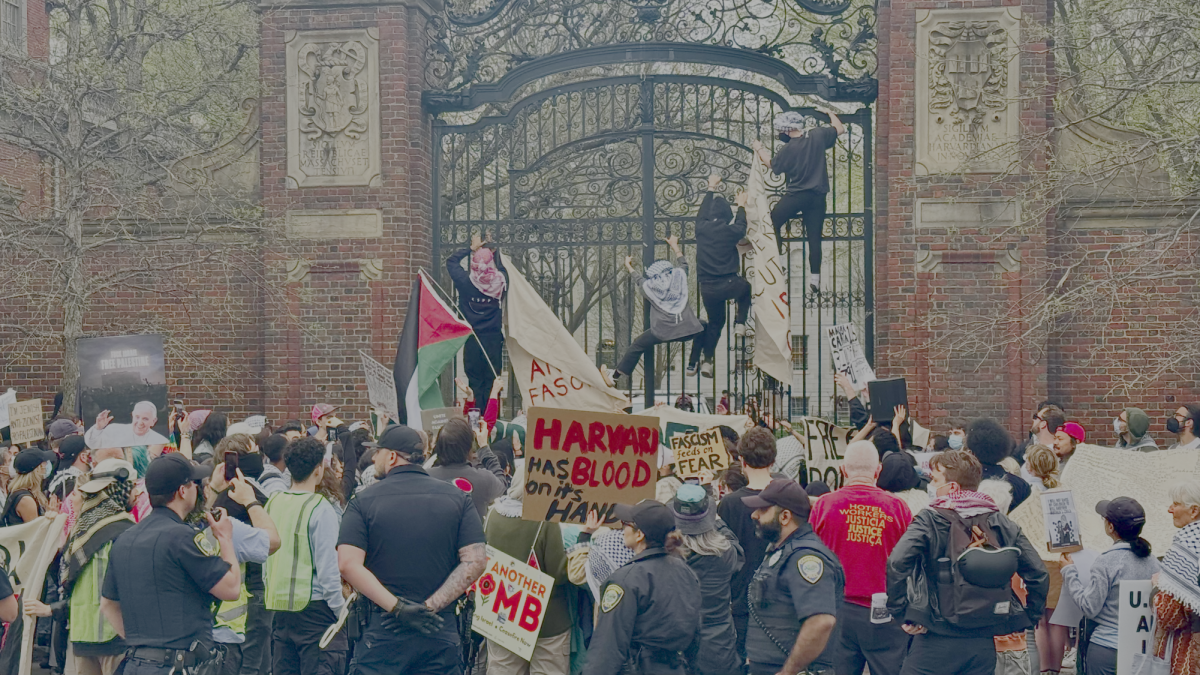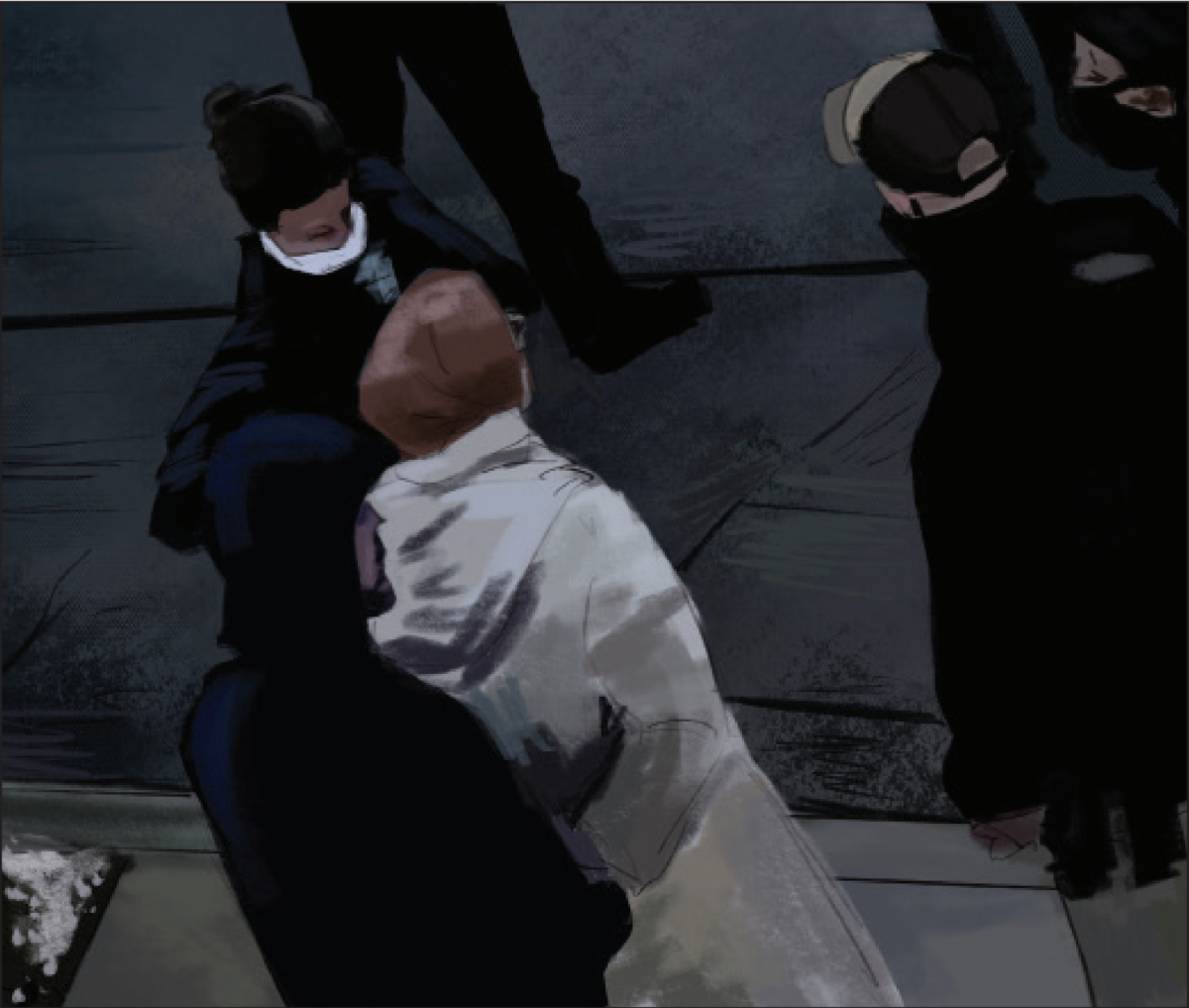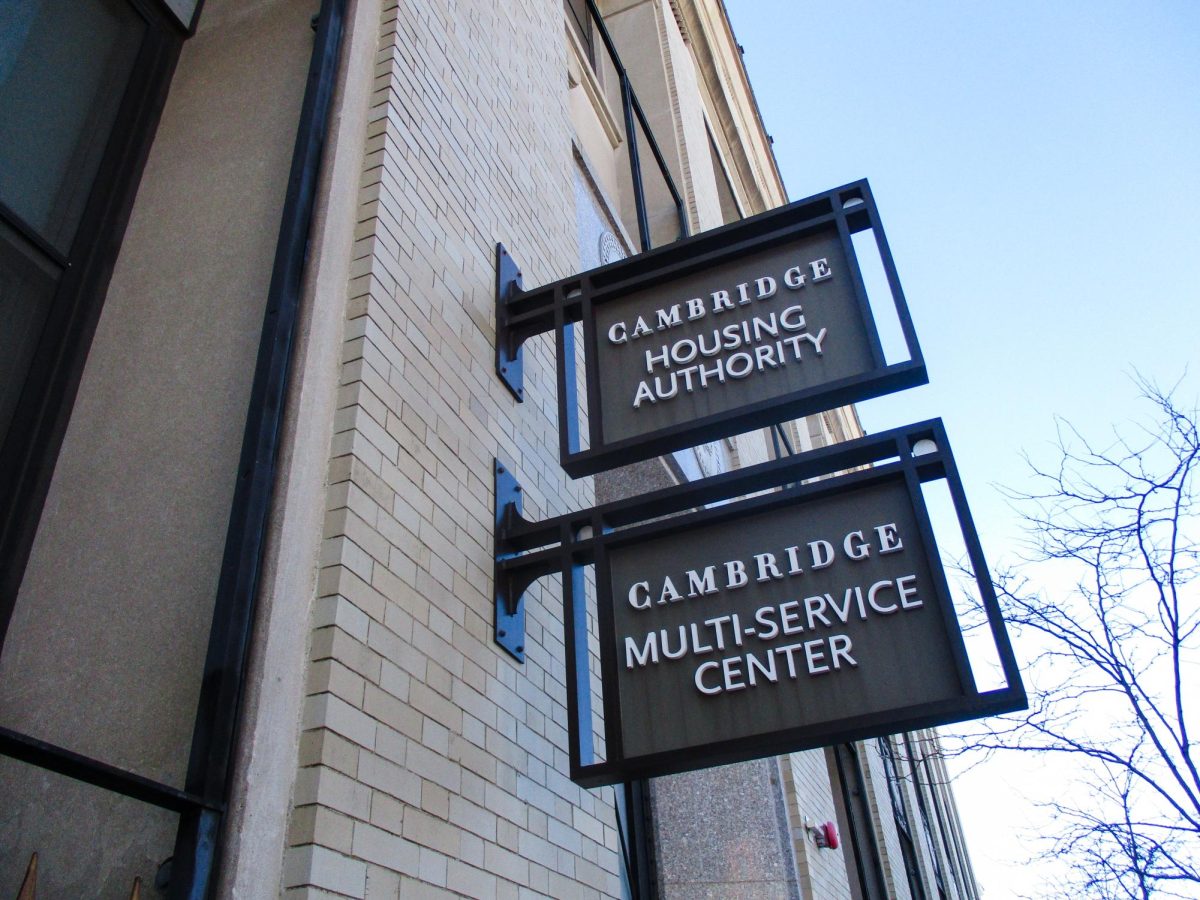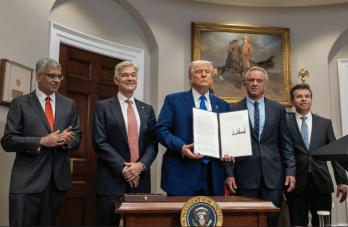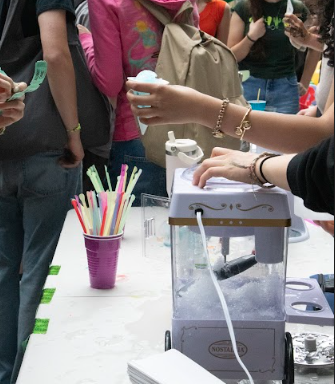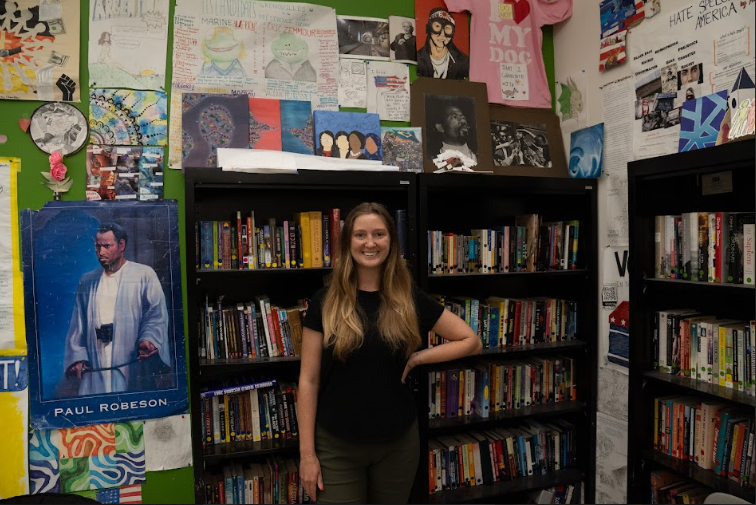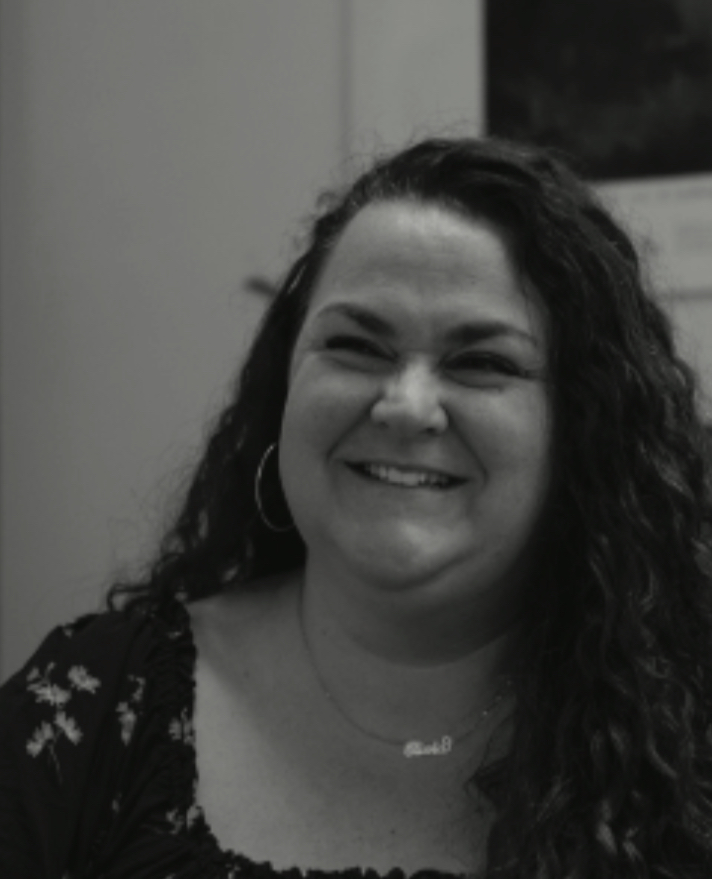On November 4th, 2025, Cambridge residents will go out and choose between 18 candidates—five incumbents and 13 challengers—to form the new School Committee. This committee is crucial and shoulders many responsibilities including the creation of school policies, the hiring of the new superintendent, and the charting of the district’s future.
On September 6th, challenger Jess Goetz organized a meet-and-greet event outside of the main library where candidates and passersby discussed their ideas and issues with the current School Committee. When interviewed, many brought up the importance of trusting teachers to take the lead in classrooms and responding to the concerns of the teachers—such as around the rollout of Algebra 1 or the ever present achievement gaps. As candidate Arjun Jaikumar put it, “We should treat educators as experts in their fields.”
Community engagement was another idea that was roundly supported. Candidate Caitlin Dube, who helped create the athlete consent workshops, advocated for centering student voices. Candidate Lily Havstad, a budget subcommittee chair, said “[The School Committee] has eroded trust in their ability to lead and I want to rebuild that trust.”
Finally, candidates emphasized the importance of holding administrators accountable; candidate Jia-jing Lee highlighted the importance of feedback from families about their experience with staff, and Anne Coburn quoted Interim Superintendent David Murphy: “Principals are the most important people in the district.”
Many criticisms were also levied against the current School Committee, the most prominent of which opposed the highly controversial superintendent search. These criticisms included hiring a search firm without significant experience, a lack of significant community involvement, and a rushed timetable. Incumbents David Weinstein and Richard Harding indicated that they would consider voting for restarting the search after the process had been completed, but stressed the importance of letting the process play out in the time being.
Elizabeth Hudson, while having accepted the flaws in the process, insisted that restarting it would only harm the district by keeping it without a strong leader to correct failures and respond to a seemingly inevitable ICE deployment. The rollout of Algebra 1 in 8th grade classes was also a point of contention, with teachers expressing discontent with their level of involvement and that some kids may be left behind. Both Elizabeth Hudson and Richard Harding responded by discussing how the history of mistakes made by the district necessitated that the changes happen in this way. Finally, there was criticism about the difficulty for students, whether high school students or younger, to have their voices heard.
This election comes at a critical juncture and is an important chance for the people to decide the future of Cambridge Public Schools. Have the recent actions of the current School Committee been successful? What are the problems that should be fixed? How should CPS move into the future? Voters will have a chance to answer all these questions when they go out to vote for the new School Committee.
This article also appears in our September 2025 print edition.





